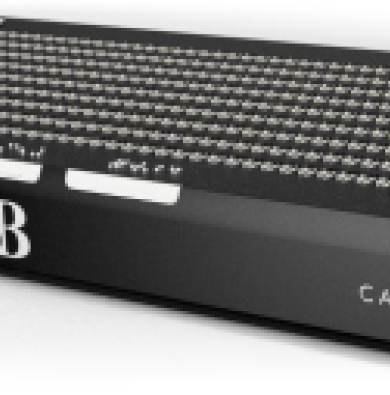Michigan State University provides services and accommodations to visually impaired students, faculty, and staff.

Tesia Freer
Access Specialist: Blindness/Visual Impairment, Speech and Language, Other Disabilities
Helpful Links
- Getting Started with RCPD: Registering with Accommodations
- Disability Documentation
- MSU Disability and Reasonable Accommodation Policy
- Housing and Campus Life Accommodations
- Confidentiality and Mandatory Reporting
- Implementing Accommodations: Student, Employee
- Service Animal Policy
- Assistance Animal Policy
- Dispute resolution: in the case you experience a disagreement regarding disability determination or appropriateness of accommodations, please review this page/process.
Building Community
Resources
- Bureau of Services for Blind Persons (Formerly the Michigan Commission for the Blind)-Lansing Office, (800) 292-4200
- Assistive Technology
- Housing & Campus Life
- MSU Counseling and Psychiatric Services
- Job Accessibility Network (JAN)
- MSU Employee Assistance Program
- Tower Guard
- MSU Neighborhood Student Success Collaborative (NSSC) Resources
- RCPD/MRS Careers Collaborative
- Accessible Textbooks/Media


